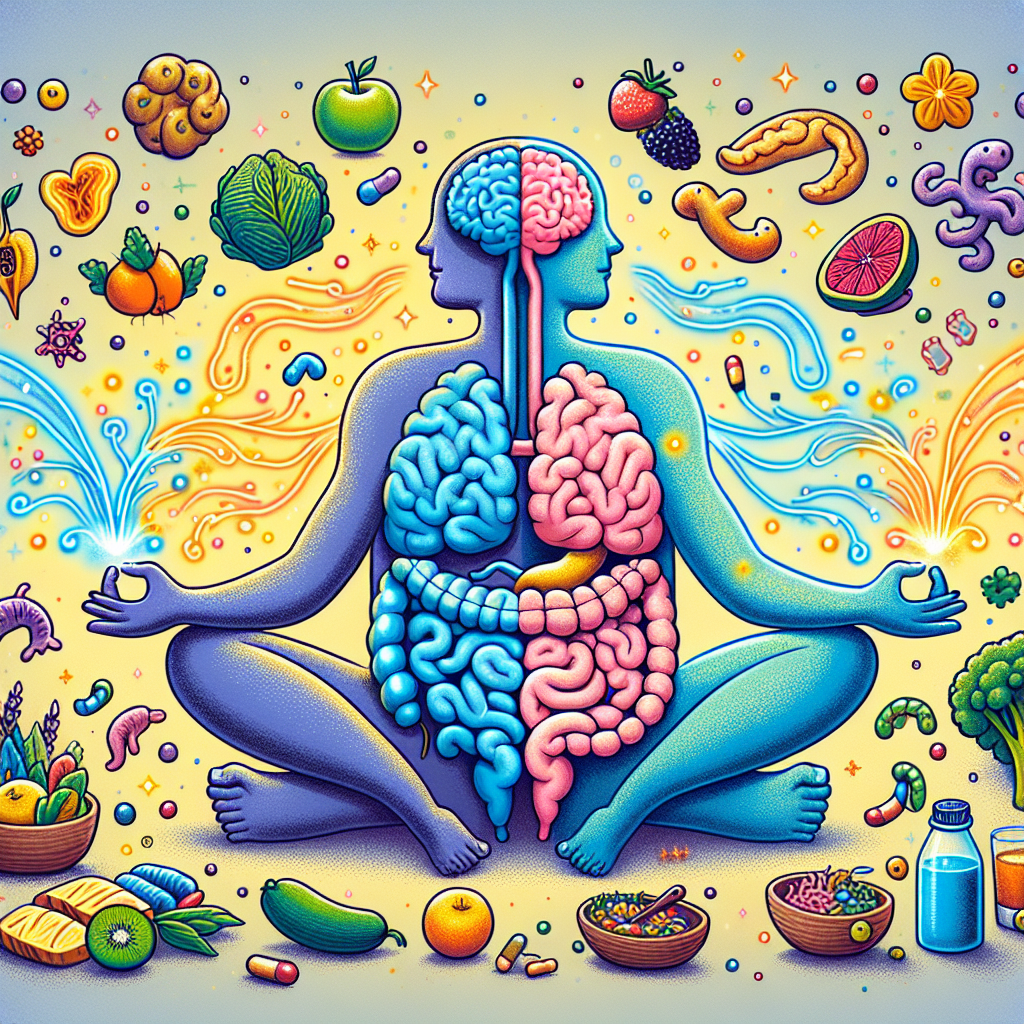The Mind-Gut Connection: How Your Stomach Could Be Influencing Your Mood

Have you ever had a gut feeling that turned out to be right? It turns out, your gut may not just be a figure of speech. Emerging research is revealing a fascinating link between our digestive systems and mental health, a relationship referred to as the gut-brain connection. This unassuming partnership may play a crucial role in how we feel, think, and even react to stress.
Understanding the Gut-Brain Axis
The gut-brain axis refers to the complex communication network connecting your gastrointestinal tract and your brain. Think of it as a two-way street: the brain can influence gut function, and the gut can also send signals back to the brain. This connection is facilitated by the vagus nerve, which acts like a messenger, carrying information about your gut health to your brain.
The Role of Gut Microbiota
Our intestines are home to trillions of microbes, known as the gut microbiota. These tiny organisms are not just passengers; they play a vital role in our physical and mental health. They help digest food, synthesize essential vitamins, and even produce neurotransmitters like serotonin, which is often referred to as the "feel-good" hormone. In fact, about 90% of serotonin is produced in the gut, making it clear that a healthy gut may be key to a happy mind.
How Gut Health Affects Your Mood
Research suggests that an imbalance in gut microbiota—often caused by poor diet, stress, or antibiotics—can lead to various mental health issues, including anxiety and depression. For example, studies have shown that individuals with mood disorders tend to have a less diverse gut microbiome. Restoring balance in the gut through dietary changes or probiotics may, therefore, be a potential avenue for improving mental well-being.
Dietary Choices That Support the Gut-Brain Connection
So, how can you nurture this connection? Start by fueling your gut health with a diverse and balanced diet. Foods rich in fiber, such as fruits, vegetables, and whole grains, can promote a healthier gut microbiome. Additionally, fermented foods like yogurt, sauerkraut, and kimchi are excellent for introducing beneficial bacteria into your system. And don’t underestimate the power of hydration; drinking enough water is equally important for maintaining digestive health.
The Takeaway: Pay Attention to Your Gut
As we continue to delve into the intricate relationship between our gut and brain, it becomes increasingly apparent that taking care of our gut may be just as vital for our mental health as it is for our physical health. By prioritizing gut health through diet and lifestyle choices, we can potentially boost our mood and overall well-being. So next time you experience that gut feeling, remember: it might just be your body trying to tell your mind something crucial.